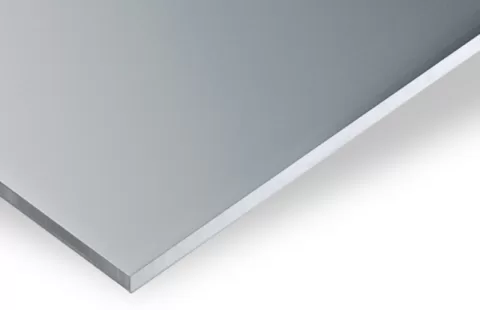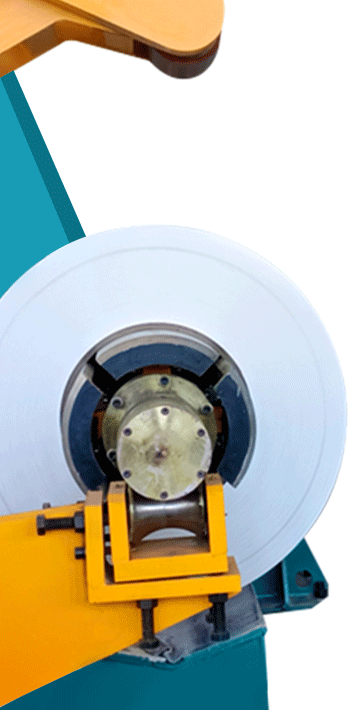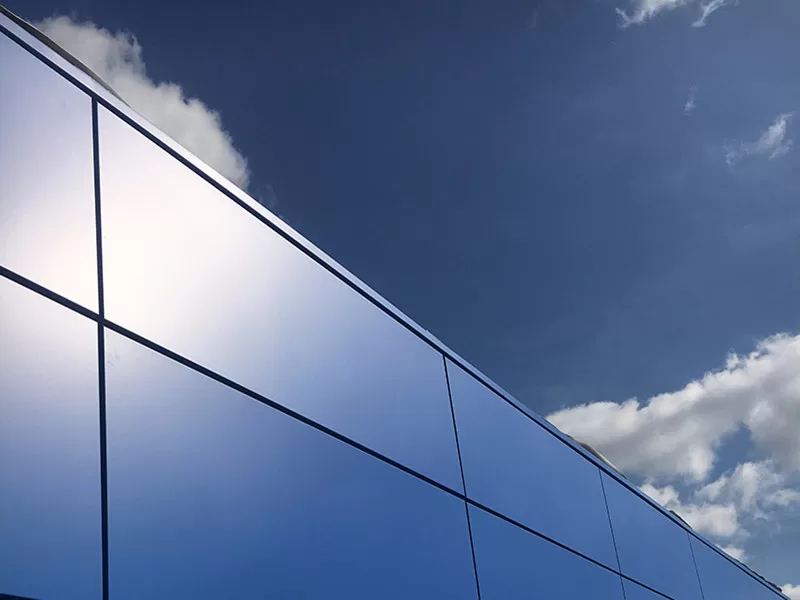
The Various Types of Aluminum Wall Panels
Aluminum wall panels have become a staple in modern architecture and interior design due to their durability, versatility, and aesthetic appeal. These panels are used in various applications, from commercial buildings and residential homes to public infrastructure projects. If you have needs, kindly get in touch with our team.
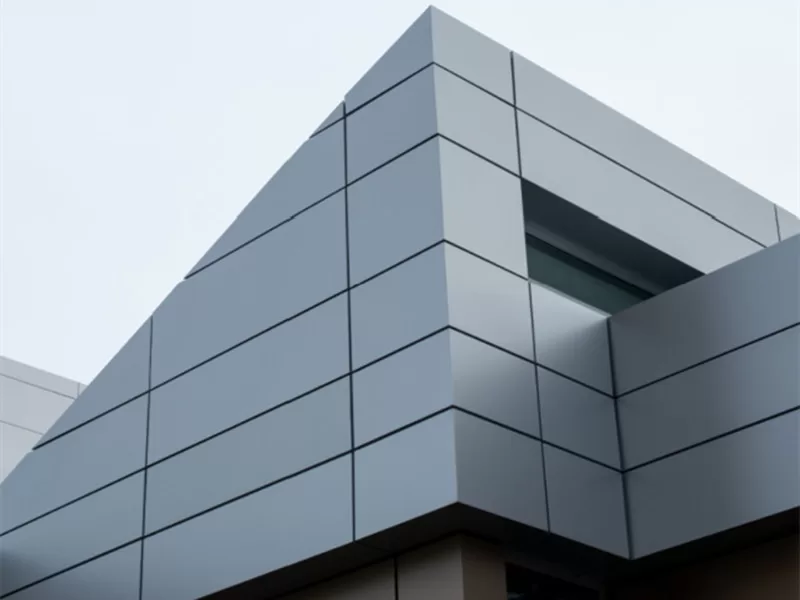
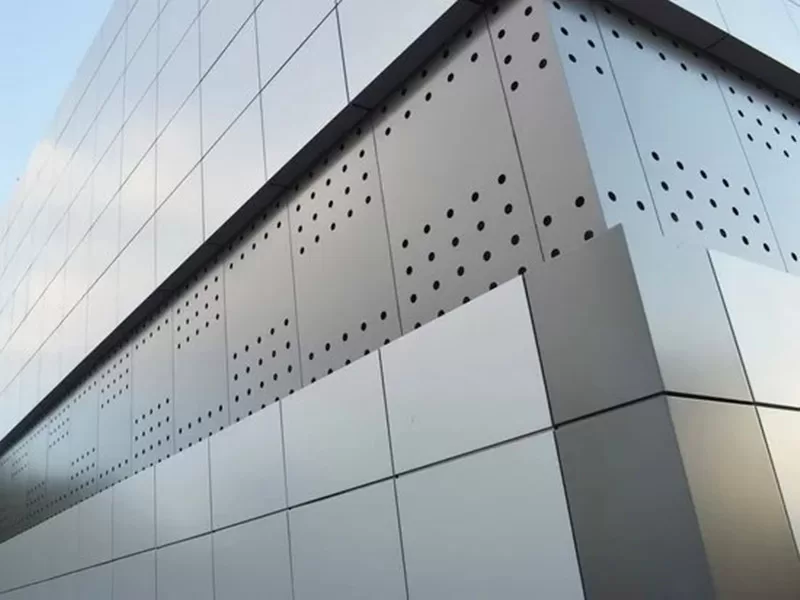
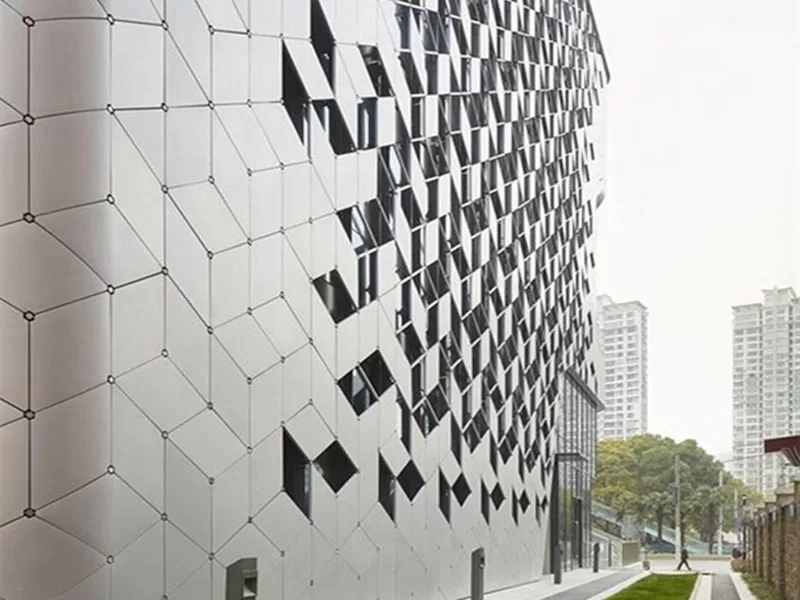

1. Solid Aluminum Panels
Description: Solid aluminum panels are crafted from a single sheet of aluminum. They are known for their robustness and ability to withstand harsh environmental conditions.
Applications:
- Commercial building facades
- Interior wall cladding
- Signage and display systems
Features:
- High strength and durability
- Corrosion resistance
- Available in a variety of finishes and colors
2. Aluminum Composite Panels (ACP)
Description: Aluminum composite panels consist of two thin layers of aluminum enclosing a non-aluminum core, usually made of polyethylene or a fire-retardant material.
Applications:
- Exterior cladding
- Interior partitions
- Corporate identity structures
Features:
- Lightweight yet rigid
- Excellent flatness and smooth surface
- Thermal and sound insulation properties
3. Perforated Aluminum Panels
Description: Perforated aluminum panels are designed with a pattern of holes or slots, providing both aesthetic and functional benefits.
Applications:
- Architectural facades
- Sunshades and canopies
- Acoustic panels
Features:
- Enhanced ventilation and light filtration
- Customizable patterns and designs
- Acoustic dampening capabilities
4. Corrugated Aluminum Panels
Description: Corrugated aluminum panels feature a wavy design, which adds structural strength and visual interest.
Applications:
- Roofing and siding
- Industrial buildings
- Decorative elements
Features:
- High strength-to-weight ratio
- Resistance to bending and deformation
- Modern and industrial aesthetic
5. Anodized Aluminum Panels
Description: Anodized aluminum panels undergo an electrochemical process that thickens the natural oxide layer, enhancing durability and appearance.
Applications:
- Exterior and interior cladding
- Decorative applications
- High-traffic areas
Features:
- Enhanced corrosion and abrasion resistance
- Long-lasting color and finish
- Low maintenance
6. Aluminum Honeycomb Panels
Description: Aluminum honeycomb panels have a honeycomb core sandwiched between two aluminum sheets, providing exceptional strength and minimal weight.
Applications:
- Aerospace and marine interiors
- Architectural cladding
- Transport vehicles
Features:
- Extremely lightweight yet strong
- High impact resistance
- Superior thermal insulation
Choosing the Right Supplier
When selecting a professional manufacturer for aluminum wall panels, consider the following factors:
1. Quality and Certifications
Ensure the manufacturer adheres to industry standards and holds relevant certifications, such as ISO 9001, to guarantee high-quality products.
2. Range of Products
A reputable manufacturer should offer a diverse range of aluminum wall panels to meet various project requirements and design preferences.
3. Customization Options
Look for manufacturers who provide customization options, allowing you to specify dimensions, finishes, colors, and patterns tailored to your project’s needs.
4. Technical Support
Opt for suppliers that offer robust technical support and guidance throughout the selection, installation, and maintenance processes.
5. Customer Reviews and Testimonials
Check reviews and testimonials from previous clients to gauge the manufacturer’s reliability, product quality, and customer service.
Conclusion
Aluminum wall panels are a versatile and durable choice for a wide range of applications. Understanding the different types available from professional manufacturers can help you select the right panels to meet your specific needs. By considering factors such as quality, range of products, customization options, and technical support, you can ensure you make an informed decision and achieve the best results for your project.
Leave a Comment
You must be logged in to post a comment.

